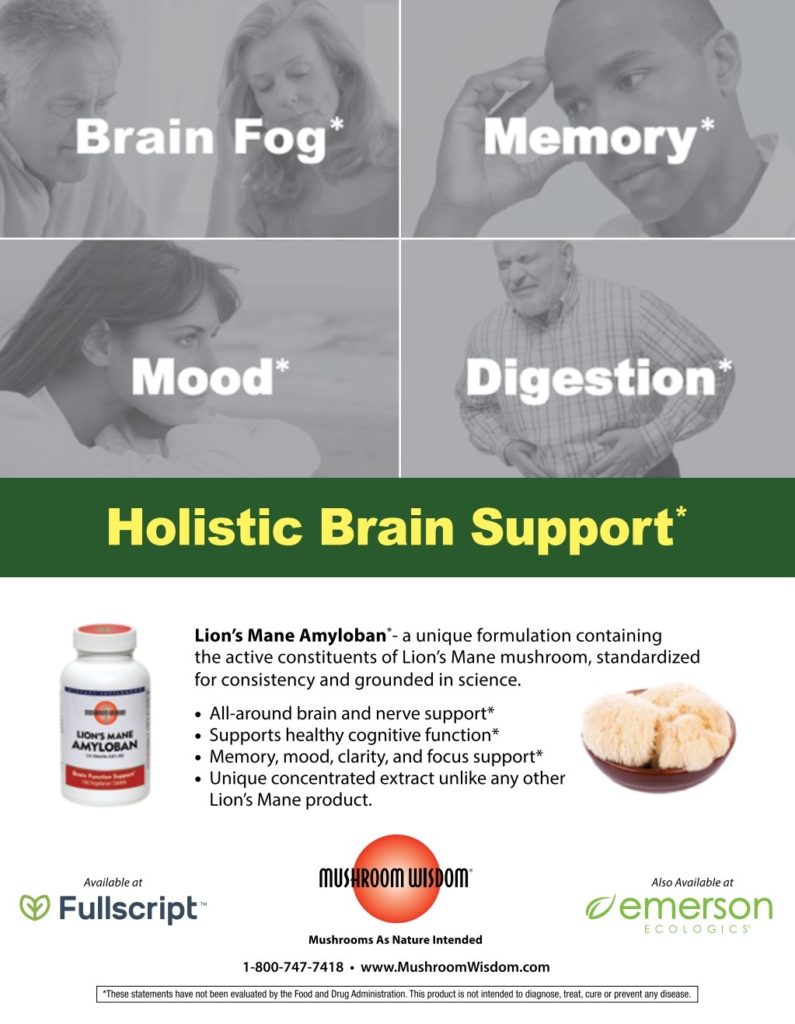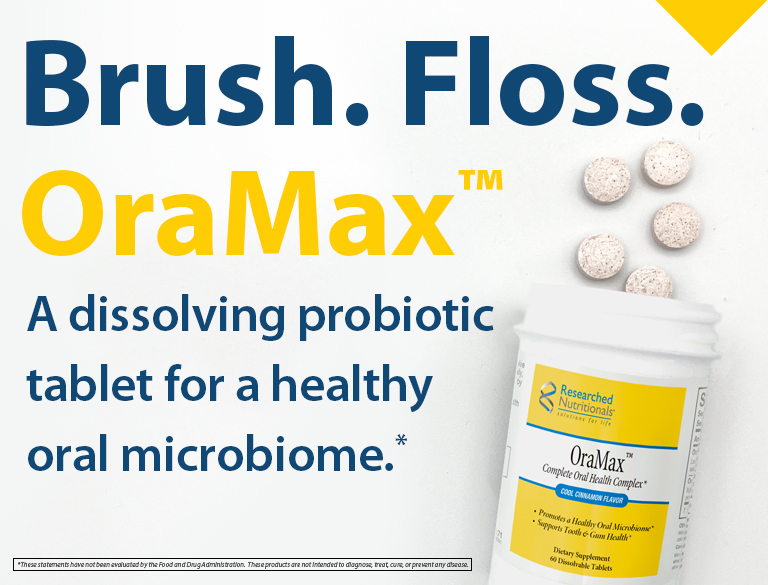By Tina Kaczor, ND
According to the National Cancer Institute, two out of five Americans will be diagnosed with some kind of cancer during their lifetime. The most commonly diagnosed cancers in North America in 2020 were breast, prostate, lung, and colorectal cancer, in that order. Together these cancers will account for approximately 915,340 new cancer diagnoses in 2021 and 263,590 deaths in the US alone. Overall, in the US, there will be an estimated 608,500 deaths due to some type of cancer in 2021.1
Over the last few years, a series of research studies have suggested that there is an agent that reduces the death rate overall and cancer-related deaths by over 40%. This agent is non-toxic, with little downside risk. It is also affordable, and in many countries around the world it does not require a prescription.
As the title implies, I’m referring to cholera vaccine.
Since 2017, three studies have been published in peer-reviewed journals suggesting that those who took an oral cholera vaccine (OCV) may derive benefit far beyond prevention of Vibrio cholerae (V. cholerae) infection. These studies have been retrospective observational studies that have compared the health outcomes of those who have received cholera vaccine with those who haven’t. The studies have focused on specific groups of people, those with colorectal cancer, men with prostate cancer, and women with breast cancer. All of these studies found that there was dramatically fewer cancer-related deaths and overall deaths in those who took OCV versus those who did not.
It might seem strange to us in the US that researchers could find enough individuals who have received a cholera vaccine to do a study at all, but we should point out that an OCV is easily obtained in many countries and is commonly used as a general prophylactic to prevent diarrhea when traveling. This is the case in Sweden, which supplied the data for all three of the studies mentioned later in this article. A notable aspect of exclusively using Swedish Health Registry data is that the OCV used there was brand specific. Dukoral® was the only brand used by Swedes in these studies, a detail that may be integral to the outcomes.
Dukoral® vs. Other OCVs
Dukoral® is made from heat-killed whole Vibrio cholerae,with the addition of recombinant cholera toxin B (rCTB) as an adjuvant. When comparing this vaccine against the other three vaccines used worldwide, only Dukoral® contains rCTB that has an immune-modulating effect.2 The rCTB[R11] has been used as a model molecule to study immune modulation, with both immune suppressive and immune augmenting effects, depending on context.3 The presence of rCTB is a key distinction from the other OCVs. Antibodies to rCTB cross react with heat labile enterotoxin, the toxin that causes diarrhea from enterotoxigenic Escherichia coli (ETEC) infection.4 ETEC is responsible for up to 50% of all cases of travelers’ diarrhea.
Dukoral® is approved for use in 60 countries, including Canada where it is available without a prescription for prevention of travelers’ diarrhea. In the US, the only OCV that is FDA-approved is Vaxchora™. Vaxchora™ is a live/attenuated Vibrio cholerae strain that was approved for prevention of cholera in travelers in 2016. Due to the viability of the live/attenuated V. cholerae in Vaxchora™, there is theoretical risk of actual infections in those who are immune compromised. The other two OCV’s used worldwide are Sanchol™ and Euvichol®. At this point no studies have asked whether these other OCVs improve cancer survival.
The side effects of Dukoral® are minimal and rare. They include temporary loss of appetite, headache, and joint pain. There is a long track record of its use, with approval in Sweden for travelers to endemic cholera regions of the world since 1991. It is approved for ages 2 and up. Dukoral® may be one of the most non-toxic repurposed agents in all of oncology.
Colorectal Cancer (CRC)
In 2018 Dr. Jianguang Ji and colleagues published the first of a series of three papers.5 Using the Swedish Cancer Register and the Swedish Prescribed Drug Register, they extracted data to determine whether prescription of OCV (Dukoral®) was associated with mortality. There were 175 patients diagnosed with CRC between 2005-2012 who were also prescribed OCV at some point after their diagnosis. When these patients were compared to matched controls, there was a 47% decreased risk of death from CRC. Use of Dukoral® was also associated with a 41% drop in risk of death from any cause. These decreases were observed regardless of sex, tumor stage at diagnosis (mostly stages II/III), or patient age.
Prostate Cancer
Later that year the same group, led by Dr. Ji, published similar results for men who had taken Dukoral® after a diagnosis of prostate cancer.6 The 841 patients who had taken Dukoral® were compared to the entire database of men diagnosed with prostate cancer in Sweden between 2004-2014 (n=89,142). Ji’s group reported that there was a 43% decrease in prostate cancer-related deaths and a 47% decrease in overall deaths compared to men who had not received Dukoral®. The average time from cancer diagnosis to vaccination was just over two years (27 months). They were followed for nearly five years (58.9 months) on average.
An intriguing finding that was only noticed in the prostate cancer data was that the associated decrease in deaths changed over time. The reduction in deaths increased for the first 15 months, so that risk of death decreased as much as 80% in certain subsets of men (e.g., lower income subgroup). Then the trend reversed with less reduction over the subsequent months of the study. If the curve rendered by this data is extrapolated further than 60 months, then the 43% reduction in overall mortality would be expected to erode over time. This implies that any benefit, assuming it is due to the Dukoral®, may not be permanent and wears off.
Breast Cancer
The latest study from Ji and colleagues, published in 2020, looked at 603 patients with a history of breast cancer and compared them to 1194 women who were matched by demographic, socioeconomic, and non-cancer-related clinical factors.7 The time between diagnosis and Dukoral® prescription ranged from 15-51 months (median 30 months). Follow-up time ranged from 47-85 months (median 62 months). The women who were prescribed Dukoral® were 47% less likely to have died due to breast cancer and 46% less likely to have died of any cause when compared their unvaccinated counterparts.
The results from these three studies are remarkable. They are more impressive than much of the outcome data on FDA-approved drugs for each of these cancers. That said, we are not sure whether Dukoral® use is cause or coincidence since these studies are all based on retrospective observational data.
There are a few other caveats that should be mentioned. One is that all of these data are from one country, Sweden (>90% Swedes in each study). While linking information in several Swedish health registries made data collection possible, a population-based study in one country limits the applicability of the results to more diverse populations. As mentioned, the OCV used was exclusively one brand, Dukoral®, which was made by a Swedish company, although the authors have no affiliation. This is not damning, but it does limit any extrapolation of these data to other brands of OCV. Lastly, and this is not unusual, all three of these studies were done by the same group led by Dr. Ji. If a separate group were to add to these three studies and find repeatable results, this would go a long way to validate the findings.
Even with all of these caveats, the results are so impressive, the mechanism so plausible, and the risk of side effects so low that I find myself asking why not recommend Dukoral®?
Ultimately, how—and even whether—Dukoral® works to lower death from cancer and overall mortality is not important. There is little reason not to encourage patients with a history of colorectal, breast, or prostate cancer to take Dukoral® as if travelling, particularly for those in Canada. This can be challenging for those of us in the USA, although I have had many patients gladly travel north and create a little getaway out of their trip. With the borders closed due to COVID, this has become impossible to do lately. Online pharmacies may be an option, but buyer beware as the rules and regulations around international pharmacy sales are not easy to predict.
It should be mentioned that the cancers that were shown to have reduced risk of death with Dukoral®–CRC, prostate and breast cancers—all share a similar histology. They are all adenocarcinomas. Would these correlations be seen in other adenocarcinomas—those that arise in the lung? the ovaries? the pancreas? Would cancers that arise from squamous cells, connective tissue or the lymph system have similar trends in the data? We do not know, yet. For now, it seems that these three cancers are the ones that have the most justification for its use.
Ownership of the right to manufacture Dukoral was purchased in 2016 by the European biotechnology firm Valneva.8 My hope is that this company will design and fund rigorous perspective trials on whether the use of Dukoral®, or rCTB, affects the outcome of people with a history of cancer. Only a prospective trial will suffice in placing this repurposed agent on a standard of care list of things to do post-diagnosis.
References
1. Siegel RL, Miller KD, Fuchs HE, Jemal A. Cancer Statistics, 2021. CA Cancer J Clin. 2021;71(1):7-33. doi:10.3322/CAAC.21654
2. Saluja T, Mogasale V V, Excler J-L, Kim JH, Mogasale V. An overview of VaxchoraTM, a live attenuated oral cholera vaccine. Hum Vaccin Immunother. 2020;16(1):42-50.
3. Sánchez J, Holmgren J. Cholera toxin — A foe & a friend. Indian J Med Res. 2011;133(2):153. /pmc/articles/PMC3089046/. Accessed July 8, 2021.
4. Jelinek T, Kollaritsch H. Vaccination with Dukoral® against travelers’ diarrhea (ETEC) and cholera. Expert Rev Vaccines. 2008;7(5):561-567. doi:10.1586/14760584.7.5.561
5. Ji J, Sundquist J, Sundquist K. Cholera Vaccine Use Is Associated with a Reduced Risk of Death in Patients with Colorectal Cancer: A Population-based Study. Gastroenterology. 2017;0(0). doi:10.1053/j.gastro.2017.09.009
6. Ji J, Sundquist J, Sundquist K. Association between post-diagnostic use of cholera vaccine and risk of death in prostate cancer patients. Nat Commun. 2018;9(1). doi:10.1038/s41467-018-04814-4
7. Zheng G, Sundquist J, Sundquist K, Ji J. Association of post-diagnostic use of cholera vaccine with survival outcome in breast cancer patients. Br J Cancer. 2020;124(2):506-512. doi:10.1038/s41416-020-01108-9
8. https://valneva.com/wp-content/uploads/2015/01/2015_0105_VLA_ENG.pdf accessed July 10, 2021











